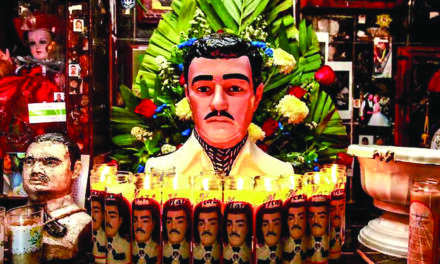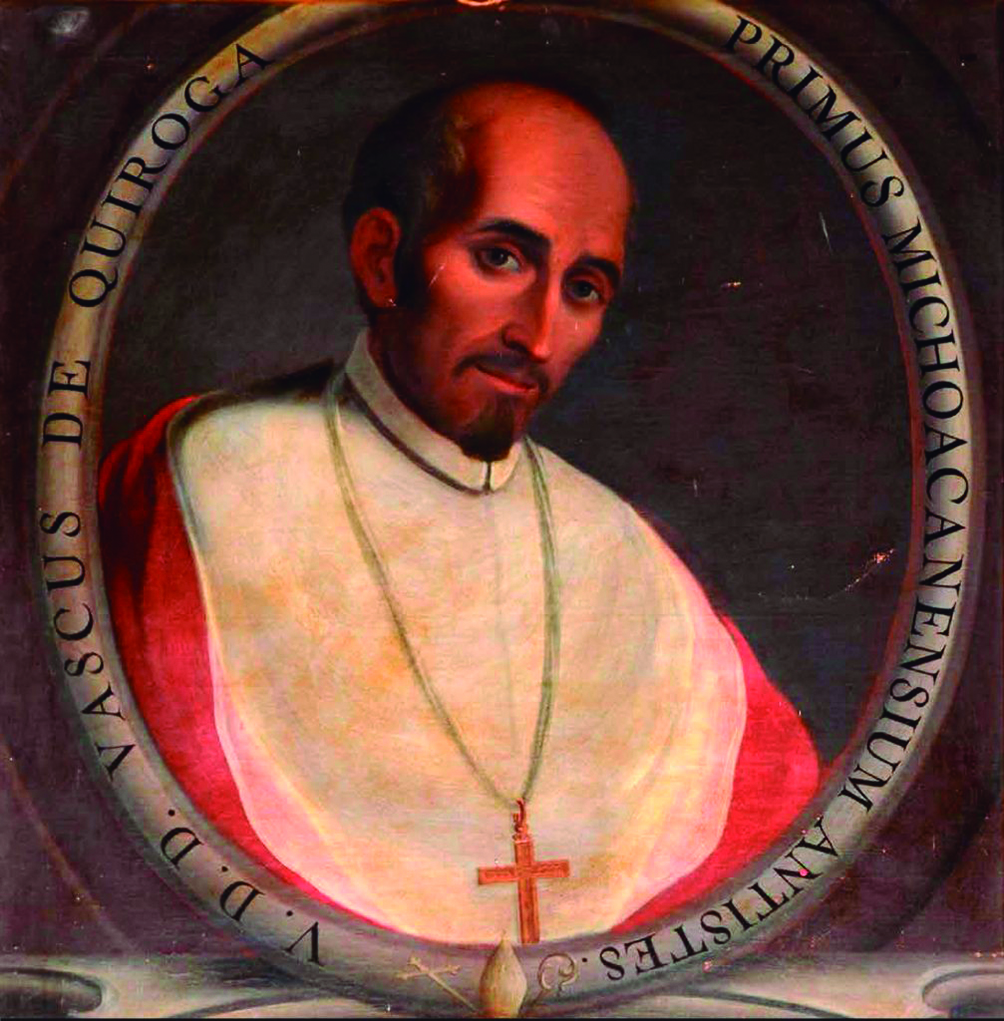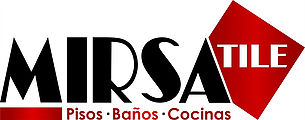During the Mexican Revolution (1910-1917) the Mexican Political Constitution of 1917 was drafted and approved in February of that year. Article 130 stated that church and state are to be separate. All churches and religious groups must be registered with the government. Some restrictions on Catholic priests and ministers of all religions were that they were ineligible to hold public office or be active in political parties. Churches were not allowed to educate children, have religious services outside of the church nor wear clerical dress in public. The government confiscated all property belonging to the church and any religious orders. This strong reaction was seemingly due to the long history of the Roman Catholic Church’s strong hold over the people since Spain colonized Mexico beginning in 1519. Article 130 also states that the Mexican Congress shall not enact laws that would establish or prohibit any religion.
From 1917 until the presidential election of Plutarco Elias Calles in 1924, there existed an “uneasy truce” between the churches and the Mexican government. Calles was an atheist and interrupted Article 130 in the strictest way. He signed the “Law for Reforming the Penal Code” mandating stringent penalties for priests or anyone who violated the article. For example, the fine for wearing clerical clothing in public was equal to $250.00 dollars of that time. A priest could be imprisoned for 5 years if he criticized the government. Some states enacted laws regulating the number of priests per state. President Calles seized property belonging to the church, expelled all foreign priests, and closed monasteries, convents and parochial schools. A ramification of “Calles Law” was the Cristero War led by clerics against the Mexican government’s suppressions. At first Calles did not take the threat of war seriously. Calles thought that photos of executions would scare the rebels but, it had the opposite effect. The Cristeros were inspired to follow the priests and become martyrs for Christ. In June, of 1927, women formed their own brigade, naming themselves after Saint Joan of Arc. By the end of the war the women numbered up to 25,000. In October of 1927 the U.S. ambassador to Mexico, Dwight W. Morrow, began a series of meetings with President Calles to bring the conflict to an end. On June 21, 1929, the Mexican government finally came to an agreement granting some concessions and the exiled Archbishop Leopoldo Ruiz y Flores agreed that the bishops would not demand the repeal of the laws, but instead, a more lenient interpretation. The casualties numbered 56,882 federal solders, 30,000 Cristeros along with numerous civilians and over 40 priests who were tortured and killed during this war.
In May of 2000, Pope John Paul II canonized 25 martyrs into saint hood and added to the list 13 more victims as martyrs, on their way to sainthood.
It may be of interest to the reader to view a free short documentary, with English subtitles, featuring interviews of several Cristeros in their old age. It can be viewed via computer at: http://video.google.com/videoplay?docid=-9099981933085312554&q=cristeros
For all your real estate needs, including Bank Trusts and FM3s please contact me at rosariesalerno@hotmail.com or phone +52 638 384-7145 or please leave a message for Rosarie at 520 226-4267.
























